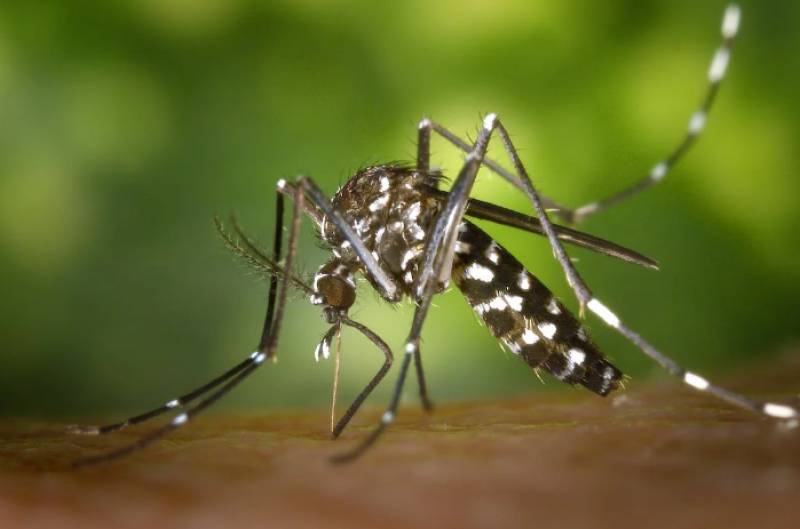article_detail
Date Published: 02/03/2023
ARCHIVED - German tourists infected with dengue fever in Ibiza
As many as six holidaymakers are believed to have contracted the mosquito-spread disease on the Spanish Island

The Spanish health authorities believe that, for now at least, the risk of an outbreak of dengue fever in Spain is low, although it will begin to rise in April when the mosquitoes that carry the disease start to multiply. This judgement was made based on a rapid risk assessment conducted after the Germany reported two definite cases of dengue in February which had been contracted on the Spanish island of Ibiza.
According to the German health services, as many as four other holidaymakers may have been infected between August and October of last year.
The first case concerns a 27-year-old woman who was holidaying in Ibiza in August with her husband and 14-month-old son. All three began to experience symptoms on the 31st but only she was tested, and the results were positive for dengue.
Two months later, another German tourist staying in the same area of Spain tested positive and although her partner and nine-year-old child also developed symptoms, their cases have not been confirmed.
According to the Spanish Ministry of Health, which only made the infections public on Wednesday March 1, the outbreak was most likely caused by an individual who caught dengue in Mexico and brought the disease back to Ibiza, where it was passed on to the German families.
The most proficient spreader of dengue is the Asian tiger mosquito, which was first detected in Ibiza in 2014 and now makes a nuisance of itself every summer all across Spain. These mosquitoes are most active between May and November but their risk of spreading disease “can be decreased by carrying out vector control actions aimed at reducing the density of these mosquitoes,” the Spanish authorities explained.
However, recent mutations have been discovered that appear to be resistant to the usual insecticides and Spain meets the perfect conditions for dengue outbreaks: a significant flow of travellers from endemic countries and “adequate climatic conditions to maintain the biological cycle of the virus once introduced."
Image: Pexels
Loading
See more news about animals in Spain:
OR
Sign up for the Spanish News Today Editors Roundup Weekly Bulletin to get a comprehensive email with all the week’s news for Spain, Murcia, Alicante and Andalucía.
Get a sneak peek – here are a few of our recent Subscription Bulletins:
Discount Special Offer subscription:
36.95€ for 48 Editor’s Weekly News Roundup bulletins!
Please CLICK THE BUTTON to subscribe.
Contact Spanish News Today: Editorial 966 260 896 /
Office 968 018 268



























